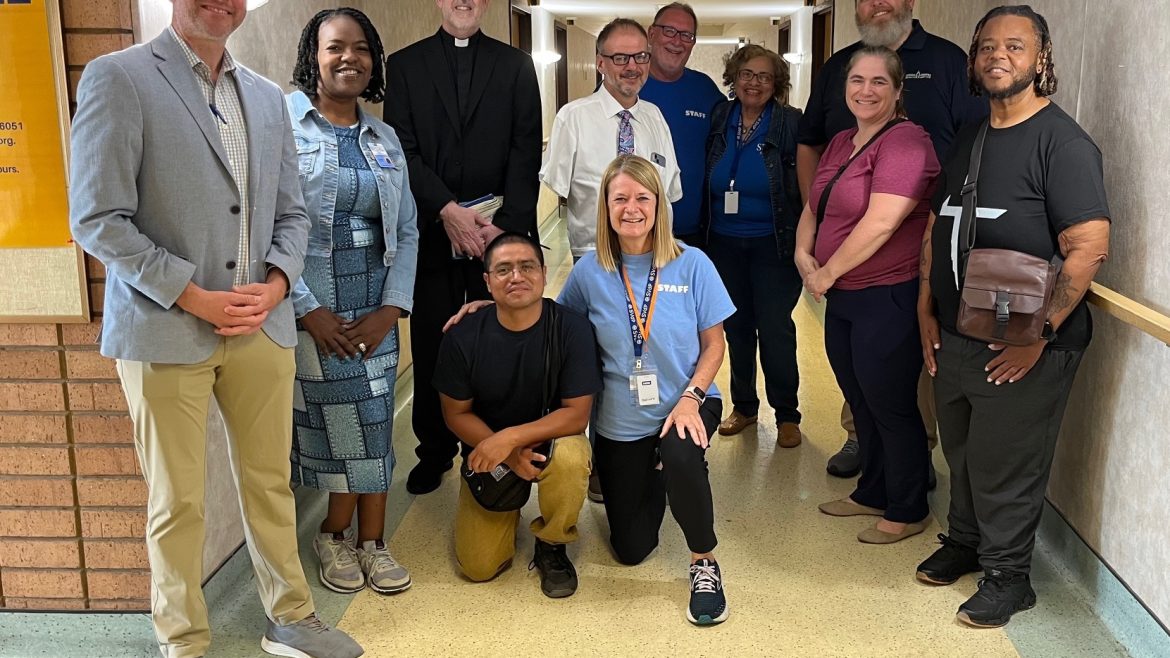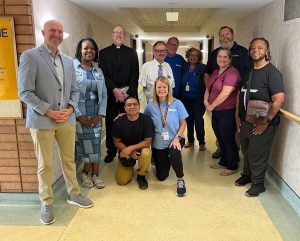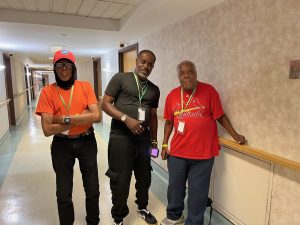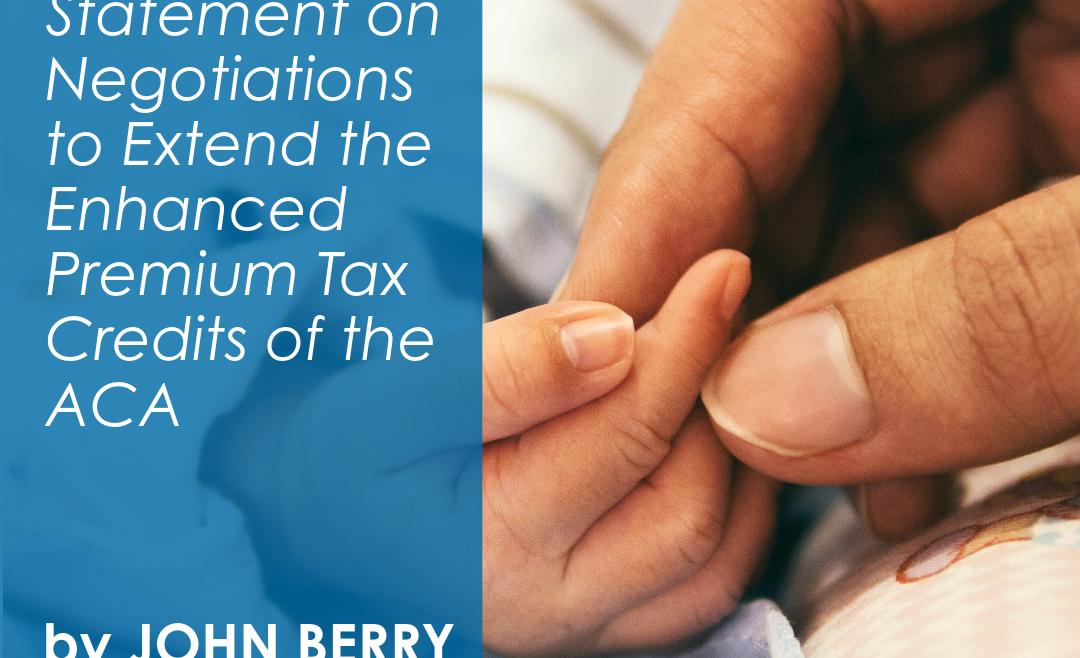
By Tim Williams, Senior Director, Formation & Leadership Development
“We don’t find the saints,” my dear friend Fr. Ronald Ramson likes to say. “They find us.”
St. Vincent, St. Louise, Bl. Frédéric, Bl. Rosalie – all of them, or at least one of them – has found you and led you to this vocation, perhaps in ways you did not even recognize at the time. For me, the call to this vocation came via my wife, who had attended an Invitation to Serve at our parish while I was away on business travel. She signed me up in absentia.
Some years later, I sought to discern what seemed like a much greater commitment: to leave the corporate world and move to a new state to serve full-time as National Formation Director. Amidst my own prayer and reflection, I found God, through the saints, kept nudging me, tapping me on the shoulder, letting me know that this was not only the path I should follow, but was the path I already was on.
Visiting my mother around that time, we went to my father’s grave, where Mom had often expressed comfort in a statue of St. Joseph, patron saint of fathers, who she said stood on a small rise overlooking Dad. When we arrived, I took a closer look and found it was not St. Joseph who had been watching over my father for fifteen years – it was St. Vincent de Paul. I didn’t find him; he always was there.
When I’d joined the Society full-time, my Uncle Denny, my godfather, called me very excitedly to congratulate me, and asked, “Did I ever tell you my confirmation name was Vincent de Paul?” All my life, though I had not known it, my godfather was Vincent de Paul. I didn’t find him; he always was there.
Just last year, as my wife and I celebrated our 40th anniversary, we traveled to an outdoor museum containing historical buildings from around the state. The last time we had visited Old World Wisconsin we were just teenagers, and in the little white church there we made promises we would later keep through our engagement and marriage. We had both forgotten, or perhaps never noticed, that this old wooden church was Catholic, and were pleasantly surprised to notice and that it was named St. Peter – the same name as our current parish. It wasn’t until weeks later, though, reading an old history book in the office, that I turned the page and froze, seeing a 100-year-old photo of a little white church, the church in which the first Conference in Milwaukee (the town where I grew up) had been founded. It was St. Peter Cathedral, the very same little white church that would later mean so much to me and my wife – the very wife who would one day sign me up for the Society of St. Vincent de Paul. I didn’t find him; he always was there.
This vocation, our Rule reminds us, is not just for Conference Meetings and home visits, but for “every moment of our lives.” Let us seek the saints who already have found us, looking both ahead and behind us, in all the events and people in our lives, so that we may better follow their path towards holiness.

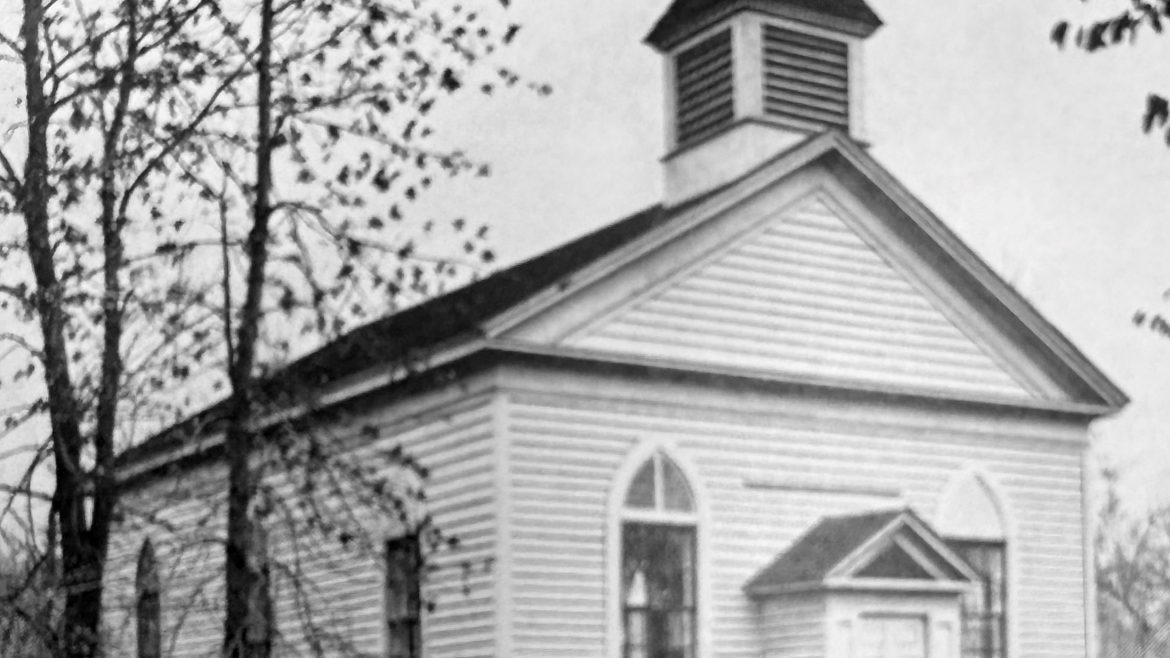
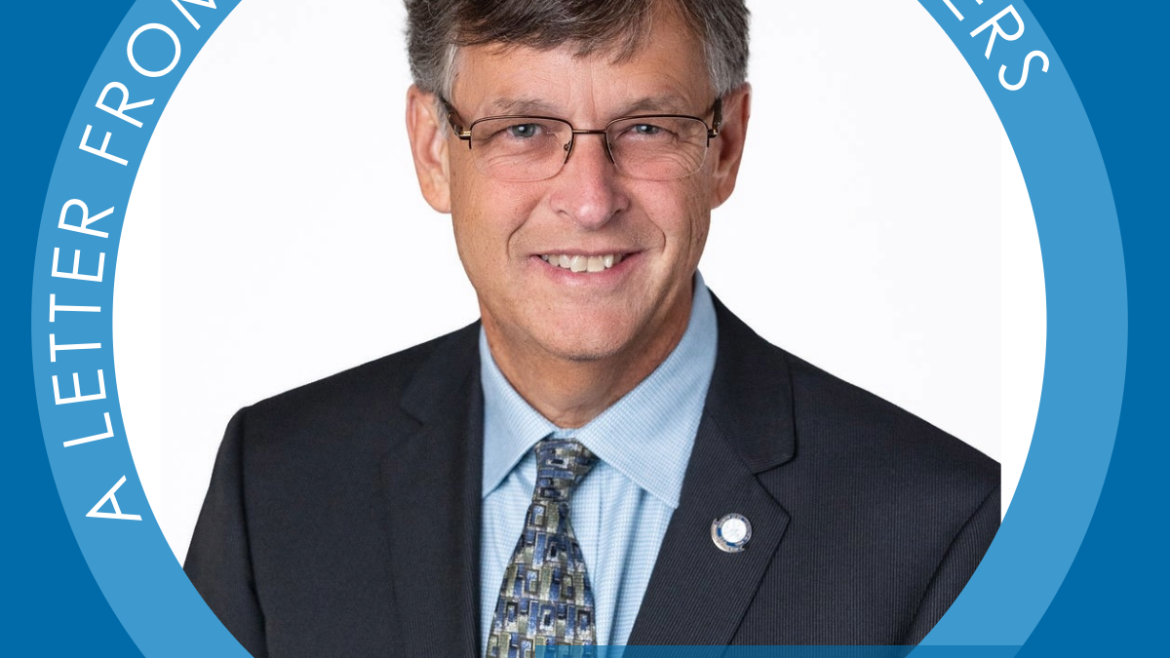
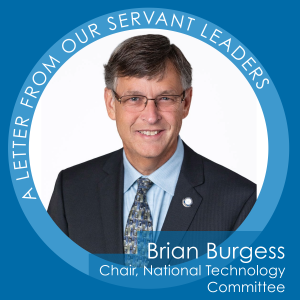 What is it that makes the Society of St. Vincent de Paul unique? What is our purpose? Or, to borrow from Simon Sinek – what is our “WHY?” Is it our focus on good works? There are many organizations, both faith-based and secular, that do good works. Is it our focus on friendship? There are many fraternal organizations that offer the chance for friends to gather together. Is it spirituality? There are many groups that provide a spiritual focus for their members.
What is it that makes the Society of St. Vincent de Paul unique? What is our purpose? Or, to borrow from Simon Sinek – what is our “WHY?” Is it our focus on good works? There are many organizations, both faith-based and secular, that do good works. Is it our focus on friendship? There are many fraternal organizations that offer the chance for friends to gather together. Is it spirituality? There are many groups that provide a spiritual focus for their members.
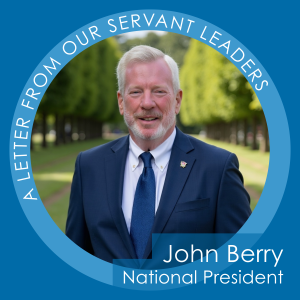
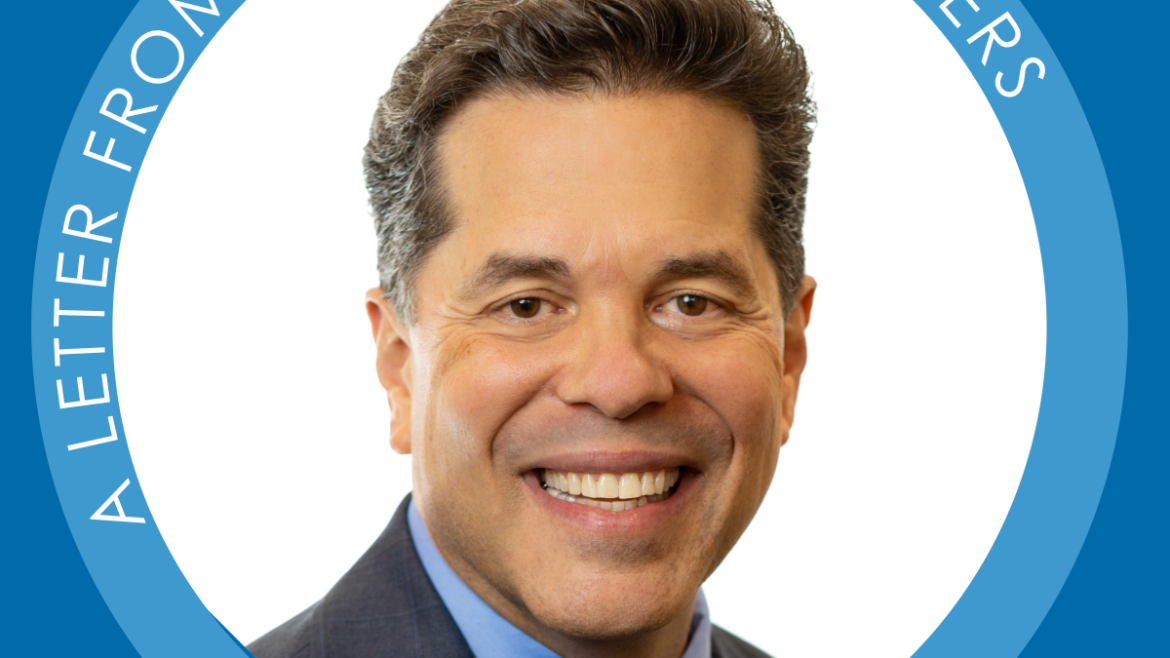
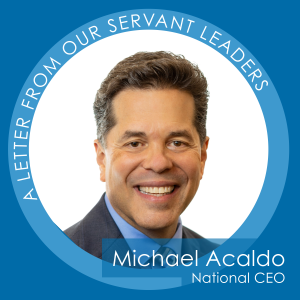
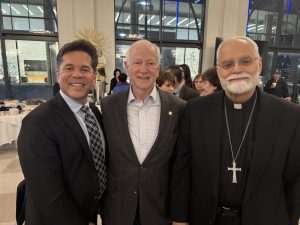

 We’re back in the National Football League playoffs, that short championship season that ends this Sunday in Santa Clara, California. Unlike the Fourth of July or Thanksgiving, Super Bowl Sunday is truly America’s civic high holy day – the one moment each year when we all come together in a vast liturgical celebration of what we most long to be: winners. I spend the two weeks preceding the game listening to sports talk radio or perusing online analyses of the contest. And on the day itself, I tune in to watch nearly the whole broadcast, including the extensive pre-game coverage. The entire spectacle is on view every year: the Via Sacra of Super Bowl Boulevard, the handsome celebrities and preening politicians, the ersatz patriotism, the heart-tugging commercials, and the procession of larger-than-life players into the stadium. There is always the grandiose halftime show, the arrival of the mystical Lombardi Trophy, the euphoric coronation of the victors, and the ritual banishment of the losers. And then, suddenly, the gauzy morning after, the awful truth sets in that the football season is over, leaving nothing but baseball and boredom until late summer.
We’re back in the National Football League playoffs, that short championship season that ends this Sunday in Santa Clara, California. Unlike the Fourth of July or Thanksgiving, Super Bowl Sunday is truly America’s civic high holy day – the one moment each year when we all come together in a vast liturgical celebration of what we most long to be: winners. I spend the two weeks preceding the game listening to sports talk radio or perusing online analyses of the contest. And on the day itself, I tune in to watch nearly the whole broadcast, including the extensive pre-game coverage. The entire spectacle is on view every year: the Via Sacra of Super Bowl Boulevard, the handsome celebrities and preening politicians, the ersatz patriotism, the heart-tugging commercials, and the procession of larger-than-life players into the stadium. There is always the grandiose halftime show, the arrival of the mystical Lombardi Trophy, the euphoric coronation of the victors, and the ritual banishment of the losers. And then, suddenly, the gauzy morning after, the awful truth sets in that the football season is over, leaving nothing but baseball and boredom until late summer.